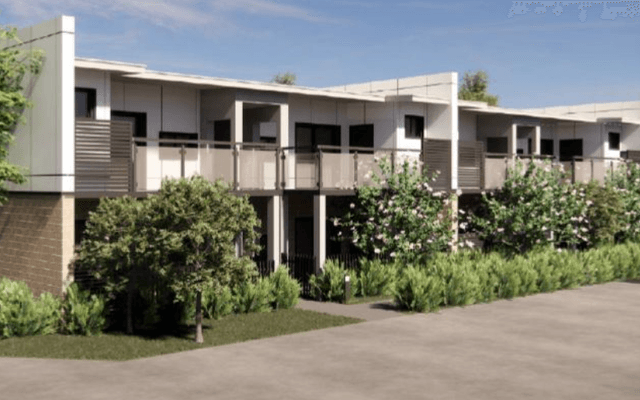This article is from the Australian Property Journal archive
HOUSING affordability and unlocking new supply are the top priorities the nation’s real estate agents peak body wants to see addressed by the federal government in the 2022 budget and upcoming election.
The Real Estate Institute of Australia (REIA) has outlined its three primary recommendations for upcoming election year budget, to help first home buyers, unlock supply and create jobs in property.
“We are calling on the government to expand the First Home Loan Deposit Scheme to allow more first home buyers to access the deposit guarantee and to expand the First Home Super Save Scheme,” said Hayden Groves, president of REIA.
Last December, the Morrison government moved to increase the amount Australians can withdraw from their super from $30,000 to $50,000, under the First Home Super Saver.
While at the same time the McKell Institute released a study that indicates enabling access to super to use on a home deposit could see average house prices across the country inflate by as much as $159,000, arguably compromising benefits to affordability and leaving Australians worse off investment-wise.
Groves highlighted the significant reduction witnessed in first home buyer loans, dropping 21.5% over 2021, citing the need for further intervention into supply and affordability for those outside of the property ladder.
“Politicians cannot talk about affordability without talking about supply,” added Groves.
Housing affordability is currently in its worst state since 2008, while coinciding with stock down by as much as 40% in some areas compared to pre-COVID rates.
With the weighted average median house price for the capital cities nearing the million dollar mark at $961,059 in the year to September 2021, nationally 36.2% of income was required to meet mortgage repayments.
While at the same time, rental vacancy rates dropped below 1.0%, allowing rental rates to rise.
“We need a plan to unlock supply for both buyers and renters that looks at everything to land release planning through to incentivising more rental stock coming online and a national plan to phase out stamp duty,” said Groves.
“On a national basis, the average loan size grew by $6,000 to $602,000. Lending commitments for housing rose to $32.8 billion with Victoria the strongest growing state increasing by 5.2%.
REIA would also like to see the Budget 2022 make first home buyers’ interest rates tax deductible, as it is for property investors.
REIA has estimated that this would provide relief of roughly $4,000 each to first home buyers, with precedent already set in at least six over OECD nations.
“It’s one thing to achieve a deposit, and another to service a loan in an environment as interest rates rise – something we have not seen in Australia for over ten years – so we need to put in place fair and sensible recommendations to assist Australians coming into the marketplace,” said Groves.
As far as jobs are concerned, Groves pointed out that jobs are waiting to be unlocked in the real estate industry, which, like many industries, say its workforce retention battered by the pandemic.
Across the country there are approximately 4,500 vacancies in the industry, while 40% of Australian property management businesses are experiencing shortages thanks to a limited supply of skilled workers.
“In Budget 2022, we’d love to see money from reskilling programs dedicated to a Property Manager Mentorship program to help Australians join the real estate sector,” concluded groves.




